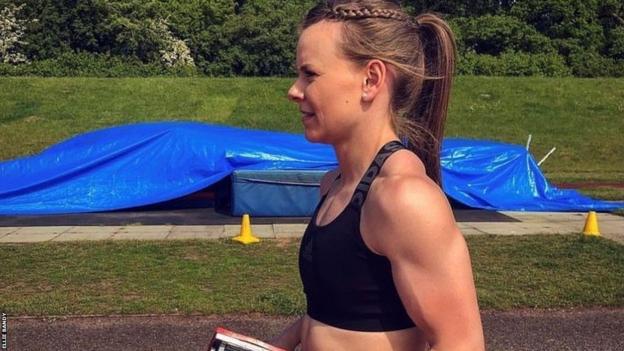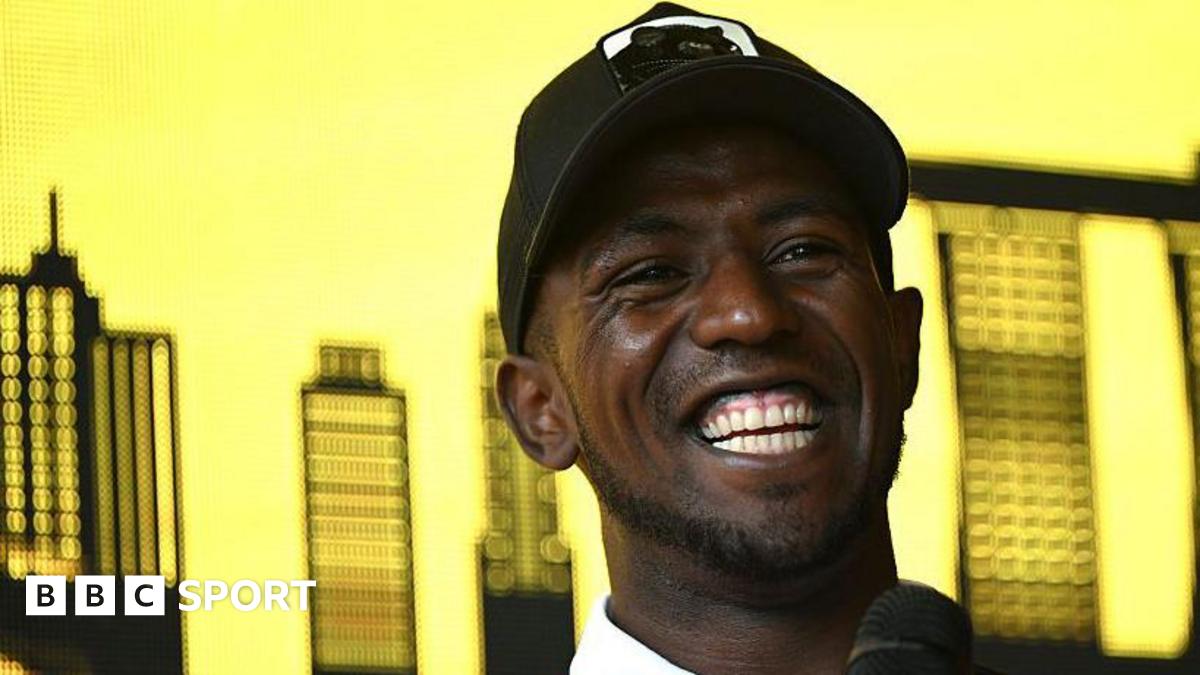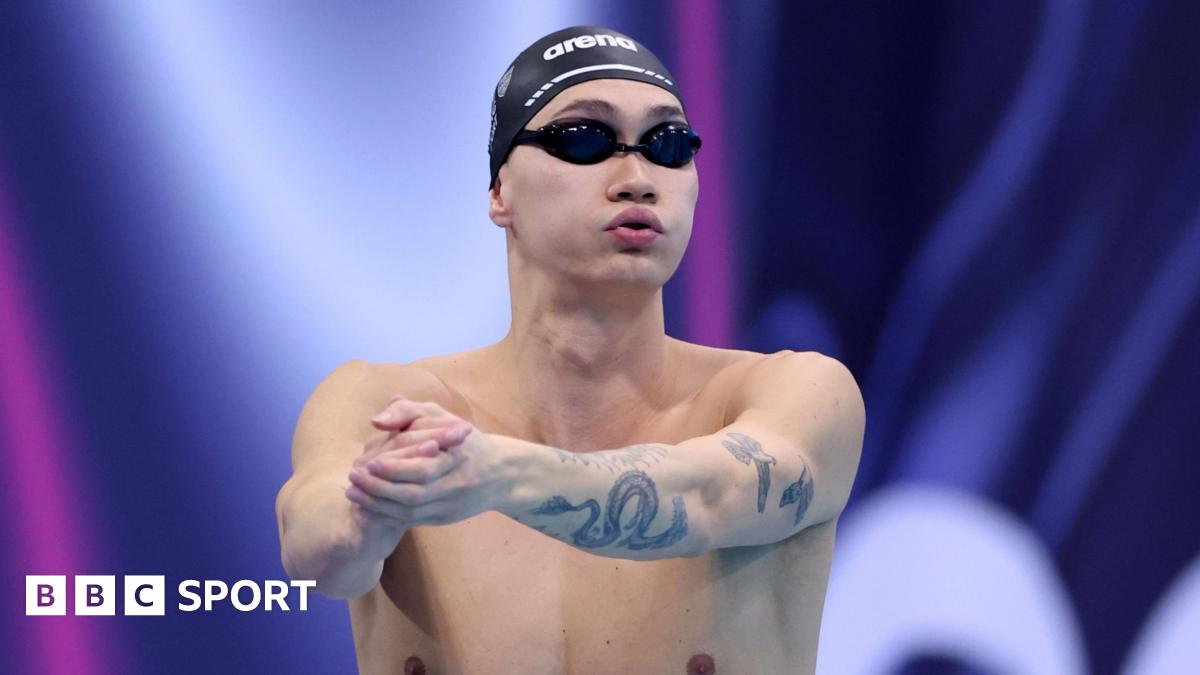Sprinter Ellie Bandy has urged sports governing bodies to do more to support athletes dealing with their menstrual cycles while competing and training.
She reached the semi-finals in both the 60m and 200m last weekend.
“Increasing conversation around periods definitely will help athletes. It’s just not discussed,” the 24-year-old told BBC Radio Norfolk.
“There’s a lot [of information] surrounding nutrition, injury and anti-doping, these sort of major topics, but actually, periods are a major topic and something female athletes have to deal with on a monthly basis.
“I think governing bodies could maybe put on workshops to help athletes understand the effects that periods can have, not necessarily just on performance, but on hormonal changes and how your body is dealing with it, and possible solutions and strategies on how you manage this.”
Bandy began her cycle, which had been due a week earlier, the day before the start of competition in Birmingham.
“That whole week leading up to the British Champs, it was almost like ‘when am I going to come on my period? Is it going to be today?’
“Stressing and worrying about when you’re going to come on your period can actually delay it further.”
The physical effects she has experienced include cramps in different parts of the body, dizziness and headaches, but Bandy says there are psychological effects as well.
“Obviously athletes experience both physical and mental obstacles anyway and it intensifies when you’re on your period,” she continued.
“When it comes to the psychological side, you might have negative thoughts, a bit of anxiousness or worry, you can tackle that if you have coping strategies, but when it comes to your period these psychological experiences are intensified.
“You might experience more negative emotions, you’re quite often teary, or you may be just sad about how your performance has gone.
“Some months it hardly bothers you and you’re able to just crack on with training or in competition, you might run a PB, but it’s just the possibility that it could go either way that can make you even more worried.
“You’re trying to do everything you can to prepare yourself but this might be something out of your control, you might not be able to stop the heavy legs or the shaky legs or crampy hamstrings or muscles. There’s an inconsistency between the months.”

Bandy produced consistent times in the heats and semi-finals in Birmingham, clocking 24.33 and 24.34 in the 200m and 7.62 and 7.61 in the 60m.
“After you’ve run your race, depending on how you’ve performed, you can contextualise it and look back and understand why [your] performance might be off,” she said.
“We always go in trying [to do] our best, but if performances have been under [par], then it’s about giving yourself [some] slack over what you’ve had to go through.
“I was really happy to come away with making two semi-finals, I’ve never done that before. Last year I [only] made the 60m semi-final. Hopefully next year we’ll aim for the finals.”




















